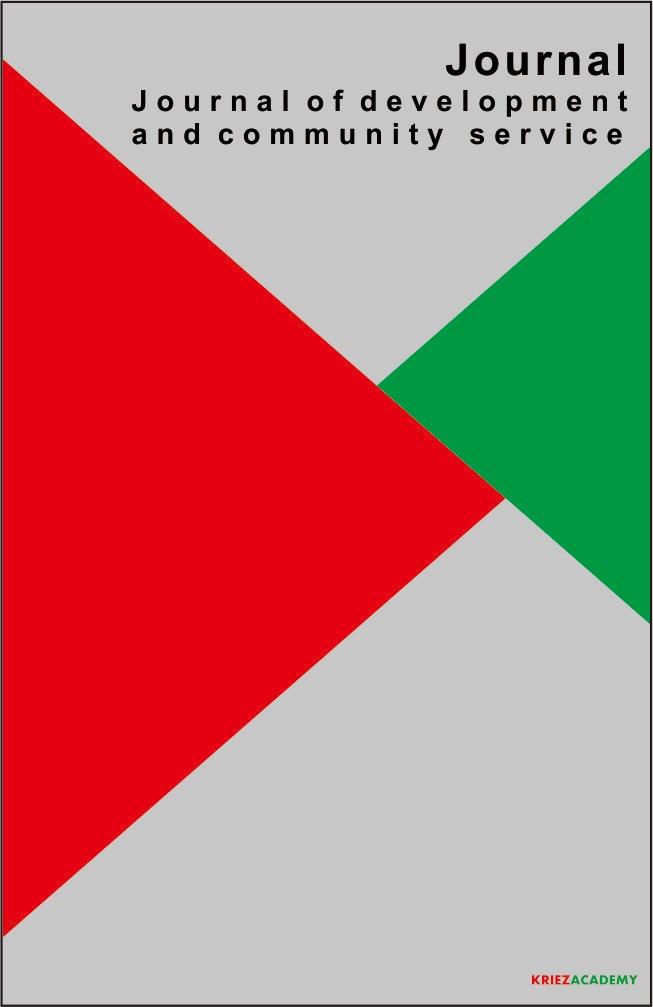Green Economy and Sustainable Finance: Mapping the Readiness of Indonesian Financial Institutions
Keywords:
green economy, sustainable finance, ESG, financial institutions, Indonesia, climate risk, sustainable development goals, green bondsAbstract
This research undertakes a comprehensive exploration of the readiness of Indonesian financial institutions to implement the core principles of a green economy and sustainable finance. In an era where global capital is increasingly directed toward environmentally and socially responsible ventures, the capacity of the national financial sector to respond to this shift is a critical determinant of Indonesia's long-term economic resilience. Through a multi-method study that combines a systematic document analysis of 30 institutional reports and disclosures with in-depth, semi-structured interviews with 18 finance professionals, the paper provides a nuanced evaluation of current practices. The analysis focuses on five key readiness criteria: the existence of dedicated ESG policies, the integration of environmental risk into credit and investment frameworks, the innovation of sustainable products (e.g., green bonds), internal technical capacity, and the extent of stakeholder engagement. The findings reveal a moderate but uneven state of readiness across the sector, with top-tier commercial banks demonstrating greater preparedness than regional and smaller institutions. The primary barriers identified include persistent regulatory uncertainty, a significant lack of trained technical capacity, the low availability of standardized ESG data, and a perceived conflict between sustainability initiatives and short-term profitability. This paper concludes by arguing that while regulatory momentum exists, progress is hampered by institutional inertia and capacity gaps. It proposes a strategic roadmap for greater coordination among regulators, financial institutions, and academic bodies to embed sustainable finance as a core component of the Indonesian financial ecosystem, thereby aligning the sector's growth with the nation's ambitious green economy goals.
Downloads
References
Asian Development Bank. (2022). Sustainable Finance Progress Report – Indonesia. Manila.
Bank Indonesia. (2023). Studi Kesiapan Lembaga Keuangan Menghadapi Ekonomi Hijau.
Jakarta. IFC. (2021). ESG Integration in Emerging Markets. Washington, D.C.: World Bank Group.
Kementerian Lingkungan Hidup dan Kehutanan. (2022). Kebijakan Ekonomi Sirkular Nasional. Retrieved from www.menlhk.go.id
OJK. (2022). Sustainable Finance Roadmap Phase II. Retrieved from www.ojk.go.id
PRI. (2023). Principles for Responsible Investment. Retrieved from www.unpri.org
UNEP Finance Initiative. (2021). ESG Integration for Asian Banks. Retrieved from www.unepfi.org
World Bank. (2022). Indonesia Economic Prospect: Boosting Financial Inclusion for Sustainable Growth. Retrieved from www.worldbank.org
Yusuf, A. (2022). Post-Crisis Adaptation in Southeast Asia. Journal of Organizational Studies, 18(2), 91–110.
Susanto, B. & Rasyid, A. (2021). The Role of Financial Institutions in Greening the Indonesian Economy. Journal of Sustainable Development, 14(4), 211–230.

Downloads
Published
Issue
Section
License
Copyright (c) 2024 Anggun Yolistina (Author)

This work is licensed under a Creative Commons Attribution-ShareAlike 4.0 International License.












